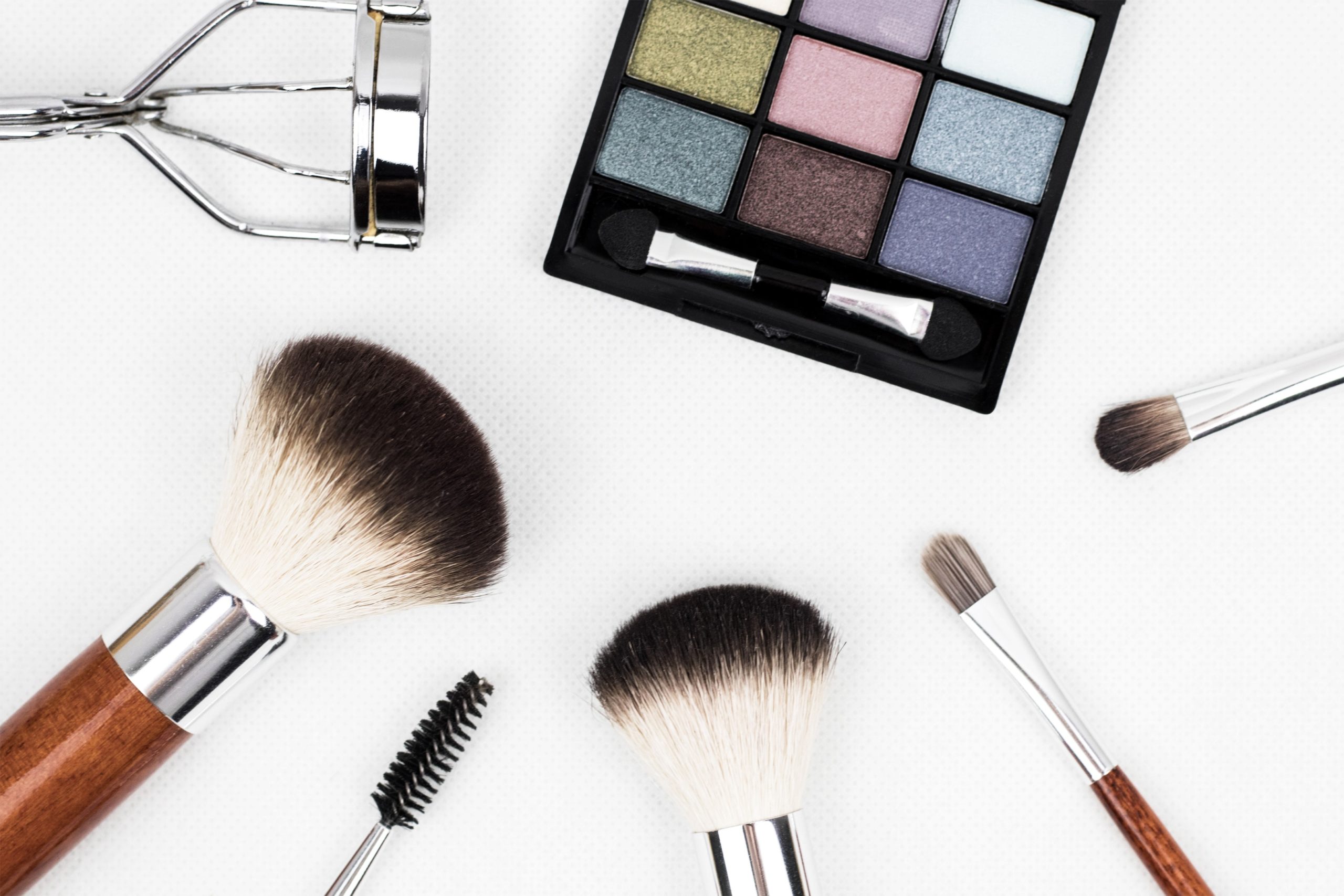When the Agriculture Improvement Act of 2018 (the “Farm Bill”) was signed into law in December 2018, it gave the Cannabidiol (“CBD”) industry hope that this would be a boon for business. With the passage of the Farm Bill, companies thought that they would now be able to legally sell all things CBD infused, including CBD cosmetics, foods, drinks, animal treats, etc. However, the Farm Bill explicitly preserved the Food and Drug Administration’s (“FDA”) authority to regulate products containing cannabis or cannabis-derived compounds under the Federal Food, Drug and Cosmetic Act (the “FD&C Act”) and Section 351 of the Public Health Services Act (the “PHS Act”). The Farm Bill also gave states the power to establish their own regulations applicable to the production, sale and distribution of CBD products. As a result, companies that sell cosmetics containing CBD ingredients must be aware of both federal and state regulations concerning the lawful labeling and advertising of CBD cosmetics.
What must CBD businesses know about the advertising of CBD cosmetics?
CBD Cosmetics and the Law
Cosmetics are defined in Section 201(i) of the FD&C Act as: “(1) articles intended to be rubbed, poured, sprinkled, or sprayed on, introduced into, or otherwise applied to the human body or any part thereof for cleansing, beautifying, promoting attractiveness, or altering the appearance, and (2) articles intended for use as a component of any such articles; except that such term shall not include soap.” Cosmetic products and ingredients are not subject to premarket approval by the FDA, unless the cosmetics are intended to affect the structure or function of the body, or are made to diagnose, cure, mitigate, treat or prevent diseases. CBD cosmetics will come under the scrutiny of federal and/or state regulators if they are misbranded in a false or misleading way, do not bear required labeling information, or are otherwise produced or packaged in a deceptive manner.
Federal and State Regulations
Last year, the FDA issued twenty-two (22) warning letters to CBD businesses that were allegedly: (1) selling unapproved new drugs; and (2) misbranding their products, both in violation of the FD&C Act. The FDA warned that clinical studies do not support claims made by the businesses that their CBD products can alleviate anxiety, eczema, depression, and chronic pain. In addition, the FDA explained that ingesting the products may have possible side effects, including liver damage, drug interactions, drowsiness, and gastrointestinal distress. Because of their concerns, the FDA has banned all food and beverages that contain CBD. To date, the FDA has only approved one CBD product, a prescription drug for epilepsy. Until CBD specific regulations are issued, we expect that the FDA will police CBD cosmetics advertising and labeling with an eye towards any constituent health benefit claims.
The Federal Trade Commission (“FTC”) has been working with the FDA in issuing joint warnings to businesses that advertise CBD products as having the ability to prevent, cure or treat disease, where such companies do not have the requisite competent and reliable scientific evidence to substantiate such claims.
Businesses should also be aware of state regulations that govern the marketing, labeling and sale of CBD cosmetics. Some states have banned the sale of CBD products. Those states that have legalized the sale of CBD products to date, have specific packaging/labeling requirements, which require businesses to include the manufacturer, batch number and milligrams of CBD contained in the product.
In addition to federal and state regulations, social media platform policies are important to follow for those who market online. Businesses looking to trademark their names or CBD products will also have to navigate the United States Patent and Trademark Office’s guidelines for marks related to CBD.
Given the broad range of issues related to marketing, labeling and selling CBD products, businesses that are operating in this space are well-advised to speak with an experienced advertising law attorney before going to market. If you are interested in learning more about this topic or need to review your CBD marketing practices, please email us at info@kleingmoynihan.com or call us at (212) 246-0900.
The material contained herein is provided for informational purposes only and is not legal advice, nor is it a substitute for obtaining legal advice from an attorney. Each situation is unique, and you should not act or rely on any information contained herein without seeking the advice of an experienced attorney.
Attorney Advertising
Related Blog Posts
USPS Introduces New CBD Mailing Policy




